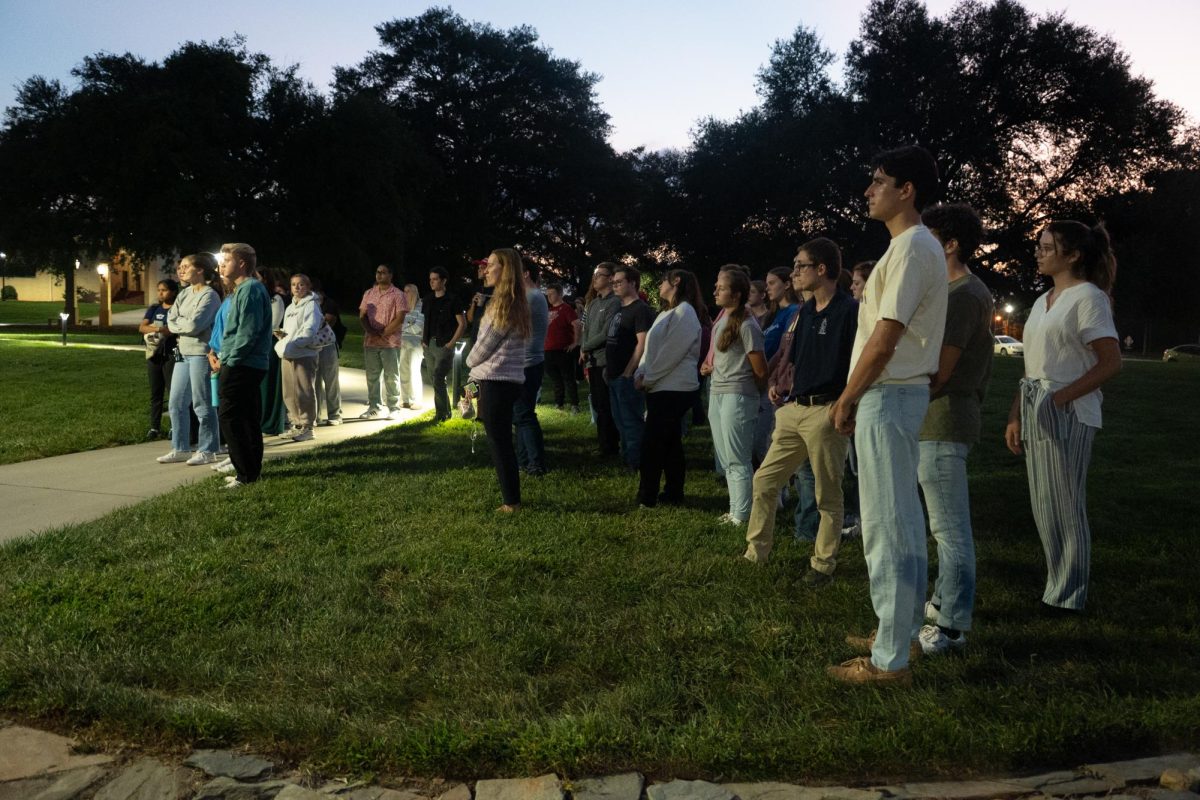Exams: the last thing standing between students and Christmas break. The time has come for late-night studying, 5 a.m. mornings and plenty of highlighted study guides. Everyone prepares for exams in a different way, but what really affects our performance?
First, there’s sleep. Many of us love to stay up late and wake up early in order to stuff our brains with information. But the loss of sleep won’t help you.
Our bodies and brains need sleep. Dr. William Kohler, a medical director at the Florida Sleep Institute, states in an article on medicalnewstoday.com that a student’s performance in the classroom is heavily determined by the amount of sleep he or she gets the night before.
According to research Kohler has conducted, students can better remember what they learned if they get a good night’s sleep after learning the task. On the other hand, sleep deprivation only increases the chances of academic failure. Since no one wants to risk failure on the biggest tests of the semester, students should get sufficient rest.
Food affects us, too. During college, many students choose to fill themselves with junk food and caffeine while studying. But what you eat seriously affects how you study and how you perform.
According to an article appearing on smartcooking.com, iron and B vitamins are especially important in maintaining the physical and mental energy necessary to study well. Fruits and vegetables have many of the vitamins and minerals your body needs. Instead of reaching for potato chips, you should reach for fruit and peanut butter instead. “The natural sugars in fruit offer clean energy, so you don’t experience the crash that follows consumption of refined sugar,” the writer states.
And getting the proper allotment of fruits and vegetables is essential. Usually, the darker the color of the fruit or vegetable, the higher the concentration of nutrients. Bell peppers or a sweet potato from the potato bar at the dining common is a great choice.
Also, be sure to stay hydrated. But don’t run straight to coffee. “Caffeine and sugar should be kept to a minimum. Since too much caffeine can make you jittery, try to drink moderate amounts: 400 to 450 mg per day, the equivalent of 2/2.5 cups,” the writer suggests. Water, milk, juice or green tea is a great substitute.
When should you start studying for exams, and how often should you study? Mrs. Hannah Bowers, who works in the Academic Resource Center, suggested starting at least four days in advance. “Study for thirty minutes and then take a break, but do something different like walking around or [getting] five minutes of physical exercise,” Mrs. Bowers said. “This increases blood flow to the brain and increases concentration. Then, return to studying for another thirty minutes.”
“If you like studying with friends, study ahead of time yourself so you can come prepared to quiz your friends and discuss hard concepts,” Mrs. Bowers said. “University learning requires understanding how pieces of information fit together to form a ‘big picture.’” She suggested using online flashcards (for smartphone users, there are plenty of free flashcard apps), charts and outlines to make studying easier.
And keep in mind that exams come only twice a year. Study hard, and make it through this next week. Christmas is right around the corner.

























































